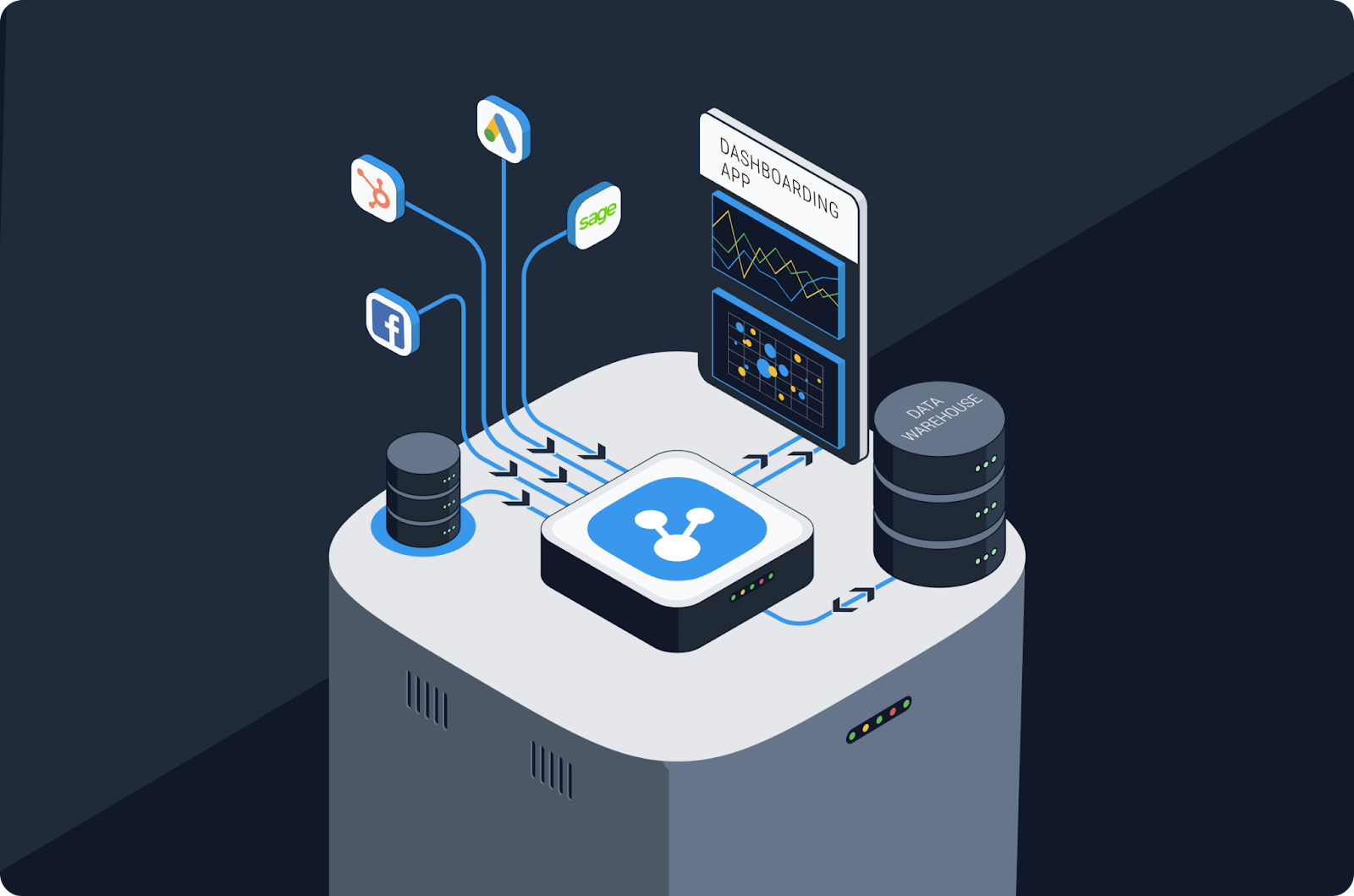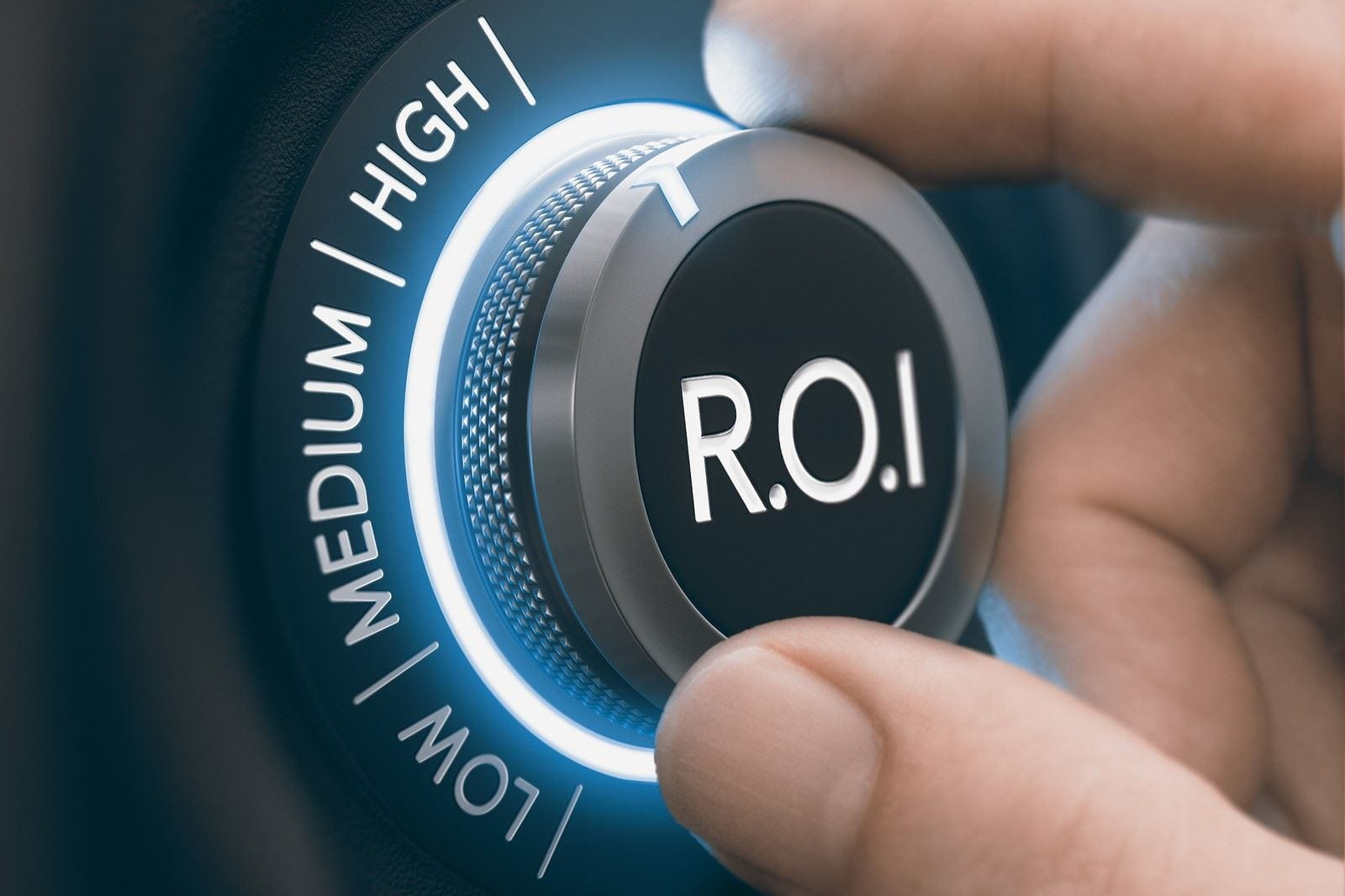In today’s fast-paced digital landscape, marketing agencies are increasingly turning to marketing automation services to streamline their operations and stay competitive. With the growing complexity of data analysis, the need to scale client bases, and the demand for personalised marketing strategies, agencies find themselves grappling with an array of time-consuming tasks.
Enter marketing automation services – a game-changer that empowers agencies to efficiently manage, optimise, and customise their marketing efforts.
In this article, we’ll delve into the manifold benefits of marketing automation services for agencies. From harnessing data-driven insights to nurturing leads and cultivating client relationships, we’ll explore how automation is revolutionising the way marketing agencies operate, enabling them to thrive in a data-centric, client-driven environment.
What is Marketing Automation?
Marketing automation is a cutting-edge technology-driven approach that empowers businesses and marketing agencies to streamline and optimise their marketing efforts by automating repetitive tasks that would be time-consuming and labour-intensive if done manually. At its core, marketing automation revolves around the use of software platforms and tools to automate, manage, and analyse marketing tasks and workflows.
These platforms encompass a wide range of functions, including email marketing, social media management, lead nurturing, customer segmentation, and analytics. They enable businesses to send personalised and timely communications to their audience, track user behaviour, and gather valuable data insights.
By automating these processes, marketing automation services free up valuable human resources from routine tasks, allowing marketing professionals to focus on more strategic aspects of their campaigns, such as strategy development, creative content creation, and data-driven decision-making. This not only improves efficiency but also ensures that marketing efforts are more targeted, consistent, and ultimately more effective in reaching and engaging the right audience at the right time.
Top 5+ Benefits of Marketing Automation
As marketing landscapes evolve and businesses strive for greater efficiency and effectiveness, the adoption of marketing automation has become a game-changer.
Marketing automation services offer a plethora of advantages, ranging from improved efficiency to enhanced customer engagement and scalability.
In this section, we’ll delve into the top benefits of agencies and companies implementing marketing automation.
#1. Improved Efficiency
Marketing automation excels at streamlining repetitive tasks, such as email marketing, lead nurturing, and social media management. By automating these processes, marketing teams can accomplish more in less time and with fewer resources. This efficiency boost allows agencies to allocate their human capital to more strategic activities, like crafting compelling content or refining marketing strategies.
#2. Enhanced Customer Engagement
Personalization is the key to engaging modern consumers, and marketing automation services excel in delivering tailored messages at the right time. Automation platforms allow businesses to segment their audience based on behaviours, preferences, and demographics, enabling them to send targeted and relevant content. This personalised approach fosters stronger connections with customers, leading to increased brand loyalty and higher conversion rates.
#3. Higher-Quality Leads
Marketing automation enables businesses to score and qualify leads based on predefined criteria. This ensures that sales teams are focused on leads with the highest potential, increasing the likelihood of conversions. Moreover, automation nurtures leads through the sales funnel by delivering timely and informative content, which is crucial for turning prospects into paying customers.
#4. Reduced Expenses
While investing in marketing automation services may seem like an upfront cost, the long-term benefits far outweigh the expenses. By automating repetitive tasks and improving lead conversion rates, businesses can achieve more with fewer resources. Additionally, automation minimises the risk of human error, which can lead to costly mistakes in marketing campaigns.
#5. Improved ROI
Marketing automation’s ability to optimise marketing efforts, nurture leads, and enhance customer engagement all contribute to a significant improvement in return on investment (ROI). Businesses can track and measure campaign performance more accurately, allowing for data-driven decision-making and the refinement of strategies to achieve better results.
#6. Scalability
As businesses grow and their marketing needs evolve, marketing automation platforms can scale seamlessly to accommodate increased workloads and larger customer bases. This scalability ensures that companies can maintain consistency in their marketing efforts, even during periods of rapid expansion.
In conclusion, marketing automation is a powerful tool that can revolutionise the way agencies and companies approach marketing. Its ability to enhance efficiency, engage customers on a personal level, generate higher-quality leads, reduce expenses, improve ROI, and scale operations make it an invaluable asset in today’s competitive business environment. By embracing marketing automation, businesses can not only stay ahead of the curve but also thrive in the ever-changing world of digital marketing.
4 Main Types of Marketing Automation Services
Marketing automation services come in various forms, each tailored to meet specific needs and objectives. While off-the-shelf automation software has its advantages, bespoke automation software emerges as a superior alternative, offering tailored solutions that precisely align with a company’s unique requirements.
In this section, we will explore the four main types of marketing automation services, highlighting how bespoke automation software stands out as a superior choice.
#1 Automation Scripts:
Automation scripts are basic, pre-written pieces of code that perform specific tasks, such as sending automated emails or updating customer records. They are a cost-effective option for simple, repetitive processes but may lack the flexibility and scalability required for more complex marketing operations.
While they offer some automation capabilities, they often fall short in providing the customisation and adaptability needed to address the intricacies of modern marketing strategies.
#2 Off-the-Shelf Automation Software:
Off-the-shelf automation software packages, such as popular CRM platforms and email marketing tools, offer a wide range of features and functionalities suitable for various marketing tasks. They are a convenient choice for businesses looking to implement automation quickly without significant development costs.
However, these solutions may not fully align with a company’s unique workflows and requirements, leading to compromises in efficiency and effectiveness. They are a one-size-fits-all solution that may not cater to specific business needs.
#3 Bespoke Automation Software:
Bespoke automation software represents the pinnacle of marketing automation services. This type of software is custom-built to match a company’s exact needs, processes, and objectives.
Unlike off-the-shelf solutions, bespoke automation software is designed from the ground up, ensuring seamless integration with existing systems and workflows. This tailored approach enables businesses to automate complex and industry-specific tasks, providing a competitive edge in a crowded marketplace.
4. Marketing Automation as a Service:
Marketing automation as a service offers businesses access to automated marketing tools and expertise without the need for in-house development or extensive software purchases. Companies can subscribe to these services and leverage the automation capabilities provided by the service provider. While this option may not offer the same level of customisation as bespoke software, it can be a cost-effective solution for businesses seeking to implement marketing automation without a significant upfront investment.
In summary, while automation scripts and off-the-shelf software offer some automation capabilities, bespoke automation software is the superior choice for businesses seeking maximum efficiency, scalability, customization, and a competitive edge in today’s dynamic marketing landscape. It is a tailor-made solution that empowers businesses to harness the full potential of marketing automation, aligning it perfectly with their unique goals and requirements.
5 Up-and-Coming Marketing Automation Trends in 2023
As we step into 2023, the marketing automation landscape continues to evolve rapidly, keeping pace with the ever-changing digital marketing ecosystem. In this section, we’ll explore five emerging trends that are reshaping the world of marketing automation and the types of services that are in high demand.
#1 Using Custom Automation Scripts:
Custom automation scripts are gaining momentum as savvy marketers seek more tailored solutions to address unique business needs. These scripts allow businesses to automate highly specific tasks and processes that cannot be effectively managed through off-the-shelf software.
From personalised email campaigns to niche data analysis, custom scripts offer unmatched flexibility and precision. As this trend gains traction, marketing agencies offering script development services are in high demand.
#2 Integrating Marketing Automation With CRMs:
Customer Relationship Management (CRM) platforms and marketing automation tools are becoming increasingly intertwined. Integrating these systems allows for seamless data sharing, enabling businesses to deliver more personalised marketing experiences.
The demand for services that specialise in CRM and marketing automation integration is on the rise as companies recognise that a unified approach to customer data management and automation is essential for creating cohesive, data-driven marketing campaigns.
#3 Paid Ad Campaign Automation:
The management of paid advertising campaigns across various platforms is a time-consuming endeavour, which is why automated tools that streamline ad creation, optimization, and reporting are in high demand.
Businesses are looking for services that can implement and manage automated ad campaign solutions, maximising ROI and freeing up marketing teams to focus on strategy and creativity.
#4 Automated PPC Bidding Strategies:
Pay-Per-Click (PPC) advertising remains a staple of digital marketing, and automation is transforming how businesses manage their PPC campaigns. Because of this, automated bidding strategies that are powered by machine learning algorithms are becoming more sophisticated.
These strategies optimise ad spend, adjust bids in real-time, and target the most valuable keywords and audiences. Services that specialise in setting up and managing automated PPC bidding are essential for companies looking to stay competitive and efficient in their digital advertising efforts.
#5 Ad Copy Automation:
Crafting compelling ad copy is a fundamental aspect of successful digital advertising, which means that AI-driven ad copy generation tools are gaining huge popularity. These tools analyse audience data, campaign objectives, and industry trends to enhance ad relevance and engagement while saving time on manual content creation..
In conclusion, the marketing automation landscape in 2023 is characterised by a strong push toward customisation and efficiency. As trends like custom automation scripts, CRM integration, and automated ad management continue to gain momentum, marketing agencies and service providers that can adapt and offer these specialised services are well-positioned to meet the evolving demands of the industry.
How to Succeed With Marketing Automation
Succeeding with marketing automation demands a strategic approach: start by setting clear objectives that align with your overall business strategy. Ensure the quality of your data is high, as clean and up-to-date data is essential for effective automation. Use data to segment your audience and personalise content for maximum engagement.
Integration also plays a crucial role; integrating your automation tools with other systems creates a unified data ecosystem, improving the efficiency and accuracy of your campaigns.
Lastly, adopt a mindset of continuous optimisation, regularly analysing and adjusting your automation strategies based on performance data. To give you a clearer idea of one the way you can do this, we’ve outlined a case study between EcoGrant and Acuto. Here’s how we helped:
EcoGrant, an environmentally conscious company, faced the challenge of scaling sustainability initiatives while maintaining personalised customer communication. Acuto stepped in to create a tailored marketing automation solution. By seamlessly integrating customer data, Acuto helped EcoGrant identify environmentally conscious segments within their audience.
This precision targeting allowed EcoGrant to deliver personalised content and incentives, resulting in a remarkable 30% increase in customer engagement, a 20% growth in sustainable product sales, and a 25% boost in customer satisfaction. This case study underscores the importance of strategic marketing automation, data integration, and personalization in achieving significant growth, with partners like Acuto leading the way.
When is the Right Time to Implement Marketing Automation?
Implementing marketing automation becomes imperative for agencies when they face an overwhelming volume of repetitive tasks, especially in scenarios involving big data analysis. The need also arises when agencies venture into multi-channel marketing, juggling various platforms and campaigns simultaneously.
As agencies grow their customer base, the demand for personalised communication and lead nurturing increases substantially. Additionally, when campaign complexity escalates, and maintaining consistency becomes challenging, marketing automation proves its worth.
In essence, the right time to implement marketing automation is when efficiency gains, scalability, and the ability to provide tailored experiences to a broader audience become paramount for an agency’s success.
Acuto Can Build Your First Automation Script
At Acuto, we are firm believers in unleashing the full potential of agency automation. Our expertise lies in crafting custom automation scripts for businesses, freeing up valuable time otherwise spent on mundane tasks and allowing you to focus on what truly matters.
Our automation solutions span across various web apps, including Google Ads, Google Sheets, Meta for Developers, Authoritas, and more. Through close collaboration with your team, we develop tailored automation solutions that align precisely with your business needs.
Partnering with Acuto empowers you to launch promotion campaigns effortlessly using Google Ads scripts. Our team comprises experienced developers and data engineers well-versed in digital marketing and paid media. This unique skill set enables us to deliver robust automation scripts that handle the job efficiently, relieving you of the burden.
Choose Acuto for our proficiency in automation, saving you time, effort, and costs.
Let us handle the technical intricacies while you focus on the tasks that require your expertise to achieve your business goals.
Key Takeaways
- Marketing automation is vital for streamlining tasks, improving efficiency, and achieving better ROI.
- Customisation through bespoke automation software is often more effective than off-the-shelf solutions.
- Emerging trends in marketing automation include custom scripts, CRM integration, ad campaign automation, and AI-powered ad copy generation.
- Success with automation hinges on clear objectives, data quality, segmentation, integration, and continuous optimisation.
- Real-world case studies, like EcoGrant and Acuto, showcase the transformative power of strategic automation.
- Implement marketing automation when faced with repetitive tasks, big data challenges, multi-channel marketing, customer base growth, and complex campaigns.
Marketing Automation Services FAQ
What is an example of marketing automation?
An example of marketing automation is sending personalised follow-up emails to leads who have shown interest in a product or service, triggered automatically based on their actions or behaviour.
How are scripts used in marketing automation?
Scripts in marketing automation are custom pieces of code used to automate specific tasks, such as sending scheduled emails, data extraction, or performing repetitive actions within marketing platforms.
What kinds of marketing tasks can be automated?
Marketing automation can handle various tasks, including email marketing, lead nurturing, social media posting, data analysis, customer segmentation, and even some aspects of paid advertising campaigns.




